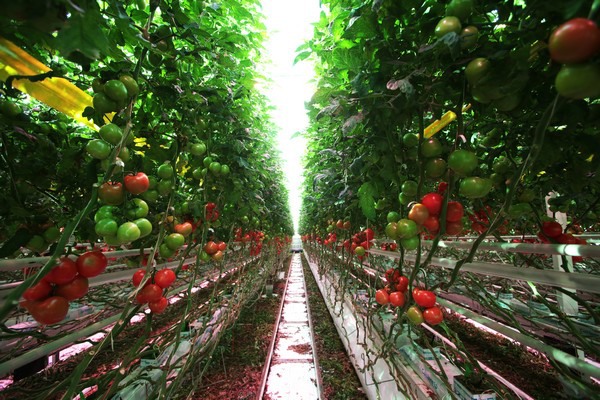News broke of termination of the acquisition of Delphy by AgriForce quite unexpectedly earlier this month. Ingo Mueller, CEO of AgriForce, has joined HortiDaily to discuss why that happened and what the road ahead for AgriForce is.
“In the context of evaluating acquisitions, buyers and sellers are sometimes forced to revisit deal terms, especially for transactions that originated some time ago,” says Ingo. The Delphy acquisition was indeed announced on February 2022, and quite some water went under the bridge since that. Ingo points out that what happened with the Delphy transaction is a symptom of something that is happening all over the mid-small cap market.
“This space is much different than large-cap markets. Over the last couple of years, liquidity has dried up, and investors have been much more focused on businesses with a demonstrable earning curve. Investment in innovation has gone down, as that needs a longer time to result in cash flow.” All in all, M&A-focused companies have had quite a hard time recently, according to Ingo: “Not only in North America but all across the planet.”

One of the main culprits is interest rates. With mounting inflationary pressure, interest rates are increased, thus greatly impacting said mid-small cap markets. Considering that the value of a business is usually based on future cash flows, the risk of interest rates negatively impacts that evaluation, and we are also seeing how interest rates currently are different from two years ago, both in North America and in Europe.
That meant that the deal for the Delphy acquisition had to be renegotiated, and there was a disagreement between the actual value of the company and its perceived value. “We really have to look at the numbers and ensure that the terms we agree upon align with the expectations of our investors. Despite a real desire for us to get the deal done with Delphy, we couldn’t get where we needed to be, based on the results of the Delphy business.”
In other words, the most common challenge of this kind of transaction is that the seller and the buyer have different views on the value of the business, and those changes very often depend on the financial context. As a public company, AgriForce looks very closely to ‘fairness of values’, whereas said fairness mainly revolves around their investors.
Ingo says AgriForce’s view of the Delphy business hasn’t changed, and the company is still looking at ways to work with them without any acquisitions. “You never say never. Both parties have an affinity and see value in this relationship, but the economics don’t allow certain things to play out.”
The Delphy transaction aside, Ingo still believes in AgriForce’s strategy of capturing the full extent of the food value chain. “Market conditions and circumstances impact your ability to execute as you want to, so you need to adapt and change.” That’s why AgriForce is looking at more targeted capital to drive the company’s M&A strategy.
“We realized that we needed to find more strategic capital that understands our vision and strategy and understands the ups and downs of the horti industry.” The majority of the capital available in the US is indeed considered agnostic. This means that it has a tendency of overinvesting when times are good and underinvesting when times are bad. With a more strategic, targeted capital, Ingo believes that AgriForce can execute its vision. “Having those sorts of investors allows us to evaluate non-tangible elements in a business, rather than a pure-play financial investor who looks at several factors but is not overly focused on the agri space.”
In the meantime, AgriForce is focusing on the launch of the Unthink brand and the RCS hydroxyls tech implementation in the Ag and Food Manufacturing space. “At the same time, we have been focusing on advancing the Berry People and the Deroose transactions. Hopefully, some of our conversations will become clearer in the coming weeks and months. We are very committed to our vision, and we continue to have to be flexible or agile in addressing the challenges of the industry and those in front of ourselves.”
For more information:
AgriFORCE
agriforcegs.com
